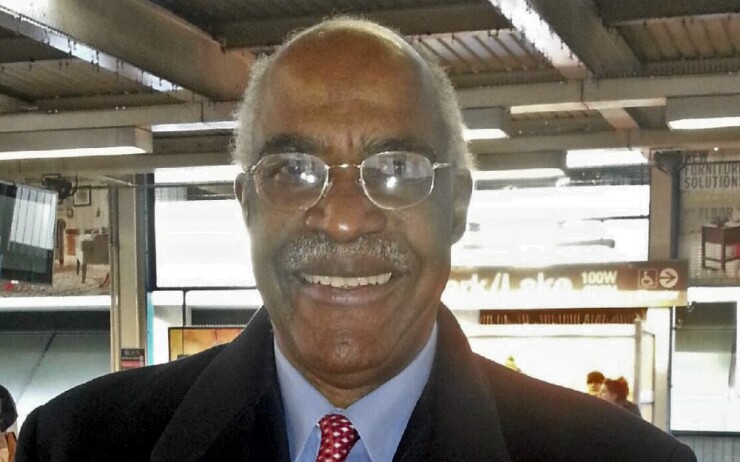A federal court should reconsider its August
Calvin Grigsby, an attorney representing a group of ratepayers on the county’s sewer system, said

Grigsby requested a rehearing in the case before all 12 judges presiding in the Atlanta-based U.S. Court of Appeals for the Eleventh Circuit.
“The en banc review is extremely important given the actions of the county and the bankruptcy court to deprive the ratepayers of their day in court on their well-documented proof of claim,” Grigsby said in a 180-page filing.
A majority of the dozen judges would need to vote for Grigsby’s request for a rehearing to take place.
It’s difficult to predict if the panel will agree to rehear the appeal, said bankruptcy attorney John Whitlock with Locke Lord LLP, who is not involved in the case.
Whitlock said the Aug. 16 ruling by the three judges appears to be well-reasoned.
In that ruling, the trio said that a lower court erred when it rejected the county’s argument that an appeal of its Chapter 9 case brought by the ratepayers could not go forward due to the concept of “equitable mootness.”
The case centers on confirmation of Jefferson County’s bankruptcy plan by U.S. Bankruptcy Judge Thomas Bennett on Nov. 22, 2013. Eleven days later, the county closed on $1.8 billion of new, 40-year sewer warrants sold in the bond market to write down $3.2 billion of old sewer debt, resulting in an overall 40% haircut to bondholders.
Ratepayers subsequently filed an appeal claiming that a provision in the Chapter 9 confirmation plan violated state and federal constitutions.
That provision, designed as an added security measure for investors buying the new sewer warrants, allows the bankruptcy court to retain jurisdiction over the case to ensure that the county approves sewer system rates at levels that will service the debt over life of the warrants.
In the lower court appeal, a district judge sided with the ratepayers, and rejected the county’s argument that it would be inequitable for investors if the plan was unwound. The county appealed to the 11th Circuit Court of Appeals, which led to the Aug. 16 ruling.
“The county argues that the doctrine of equitable mootness bars the ratepayers’ appeal from the bankruptcy court, and that the district court erred in concluding otherwise. We agree,”
The court's decision to apply the doctrine of equitable mootness to Chapter 9 bankruptcy cases, as well as cases under Chapter 11, appears to be well reasoned, Whitlock said.
"The decision that the doctrine should apply in this case also appears to be the better reasoned view, and maintaining the finality of the confirmation order after all these years now is what might be expected," he said. "For these reasons, the court may decide not to disturb the ruling."
On the other hand, Whitlock said, given the importance of the case, the application of the doctrine of equitable mootness, and the public interests that are involved the entire court might decide to review the decision.
“On balance, however, finality of the order is likely to prevail,” he said.





